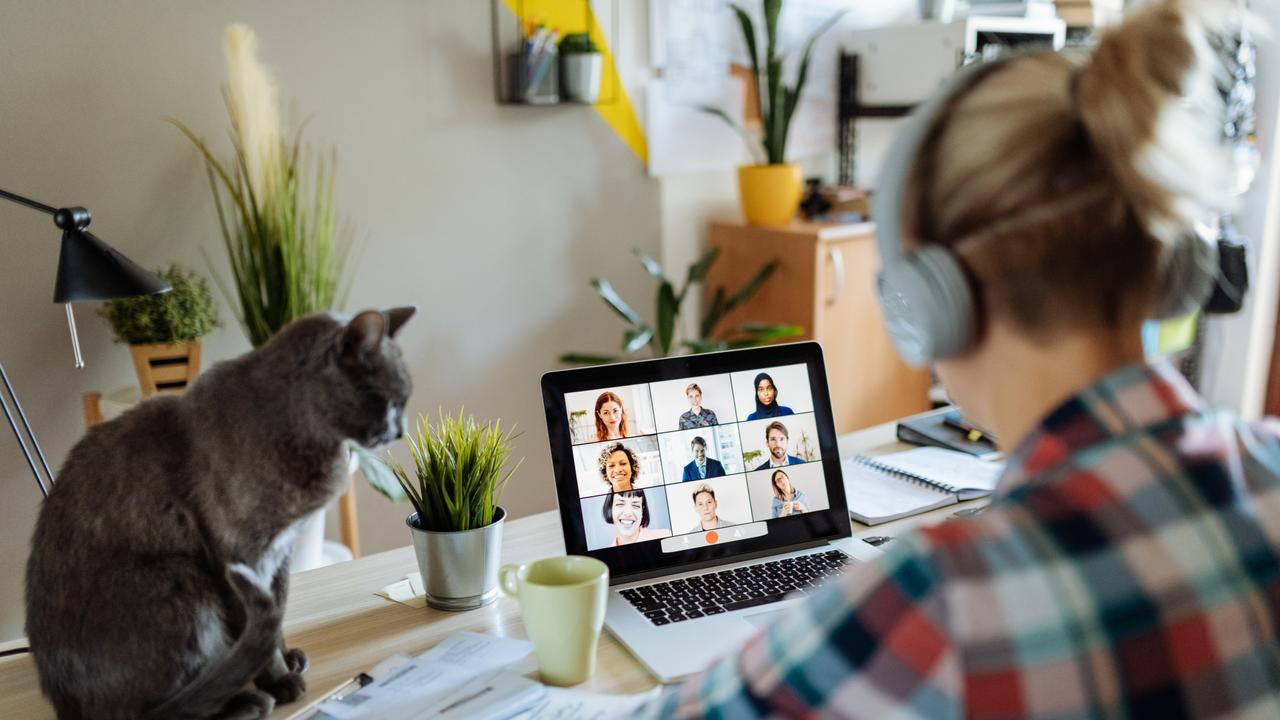Put that device down
Are you productive? Efficient? Useful? More to the point, are you productive, efficient and useful enough?
Are you productive? Efficient? Useful? More to the point, are you productive, efficient and useful enough? These are the kinds of questions that arise when technology makes it easy to stay online and connected 24/7. But all this connectivity brings two unfortunate side effects. First, the expectation that we will be available at all times — to bosses, friends, the media, you name it — has increased. Second, the concepts of productivity and efficiency have been redefined according to what our devices enable. If you could be working, a certain line of thinking goes, then you should be.
Yet being able to use technology as much as we want doesn’t guarantee that we’re using our time well. The devices we love are full of bright, colourful distractions, tempting us to scroll just a little further, to refresh again and again. (Let’s not forget: tech companies design their products to be addictive.) And the downsides of heavy technology use, studies show, are numerous: depression, loneliness, isolation, lower empathy and even suicidal thoughts.
In her new book, 24/6, Tiffany Shlain, the founder of the Webby Awards, lays out a plan for surviving our “always on” culture. Taking a cue from her Jewish heritage, she suggests a “tech Shabbat”: one day a week without screens or devices.
For thousands of years Shabbat has prescribed that people set aside time to rest and reflect. Shlain writes that her modern interpretation benefits our mental and physical health — and she has spent the past decade practising it. Unplugging gives us more chances to enjoy hobbies and socialise, she says, but one of its greatest gifts is perspective. When we step away from technology on a regular basis, it becomes easier to consider whether we’re using it wisely.
What else can you do to resist a digital world that demands your non-stop productivity? Artist Jenny Odell has an idea: nothing. In How to Do Nothing, she argues for the value of being useless. The nothing she favours is about reclaiming our time and putting it towards activities whose point isn’t profit.
The danger of capitalist notions of value is that they’re linked to economic output, a metric that misses, well, almost everything. To an algorithm, the worth of a conversation between two people might be insights into what they’re likely to buy. To the two people, of course, the worth is the conversation itself. Odell contends that when our identities depend solely on what we contribute to a company’s profit and loss statement, we’re likely to end up losing who we really are.
Our sense of meaning, she writes, should come instead from our connections to the places in which we live and to the people, plants and animals we share them with. A Saturday spent online won’t make you happier but a Saturday spent learning about local wildlife or building community in your town just might. That’s why her “nothing” is anything but: pulling back from what’s efficient and profitable lets us focus on what’s actually worthwhile.
Stillness is the Key offers another take on why you should do more nothing. By writer Ryan Holiday, it explores the virtues that helped famous figures achieve some of their greatest triumphs. John F. Kennedy (patience, solitude) resisted the urgings of advisers to pursue aggressive military action during the Cuban missile crisis, preferring to wait out the Soviets with a blockade. Napoleon (focus, prioritisation) waited weeks to reply to letters, believing that most matters would resolve themselves and saving his attention for the truly important. Artist Marina Abramovic (being present) sat silent in a chair for 750 hours during her 2010 performance piece at New York’s Museum of Modern Art, making sustained eye contact and forming emotional connections with visitor after visitor. Holiday frames these stories as examples of “stillness”. Cultivating stillness, he says, gives us a better chance to succeed in our relentlessly kinetic world.
JM Olejarz is an assistant editor at Harvard Business Review



To join the conversation, please log in. Don't have an account? Register
Join the conversation, you are commenting as Logout